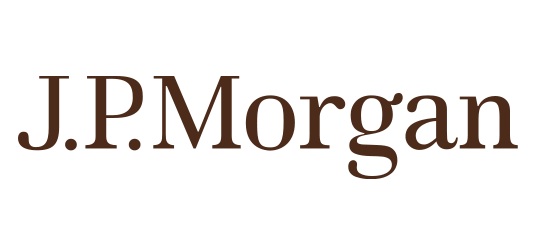Banking, finance, and taxes
Alan Greenspan Says JPMorgan Still Has Implied Government Guarantee
Published:
Get ready for the debate over “too big to fail” all over again. It is always interesting when a former Federal Reserve Chairman is out speaking about the world after their tenure. Former Fed Chairman Alan Greenspan was speaking at the 2014 Fiscal Summit, and it sounds as much as though there is the same sort of implied government guarantee for J.P. Morgan Chase & Co. (NYSE: JPM) as there is (or was) for Fannie Mae and Freddie Mac.
The comments were made shortly after 1:30 p.m. on Wednesday. Greenspan was slated to discuss topics such as the short term economic outlook, bubbles, contingent federal debt and the impact of budget deficits on capital investment, productivity, and standards of living. The intent was to use lessons from the past to look forward to short-term growth and long-term fiscal stability.
Greenspan said that JPMorgan is a Fannie Mae and Freddie Mac type of institution, calling it too big to fail. His take is that JPMorgan would get taxpayer assistance if it faltered in the future.
Other key guests at the event throughout the day included former president Bill Clinton, N.J. Governor Chris Christie, Sheila Bair, and others. So, does J.P. Morgan Chase still have an implied government guarantee?
Let’s consider that Jami Dimon has been adamant through and after the bailout process that the bailout money was forced upon them and that J.P. Morgan Chase was financially sound enough to survive without a bailout.
Now, what about the so-called fortress balance sheet? The bank ended with a whopping $2.476 trillion in total assets as of March 31, 2014. This has grown each year since the recession, and it was $2.117 trillion at the end of 2010. J.P. Morgan ended the last quarter with a book value of $54.05 per share and a tangible book value of $41.73 per share.
The term “too big to fail” still resonates poorly with much of the public – understandably. The question is really what you think about the matter, so take 5 seconds for a quick poll below. J.P. Morgan shares were trading down 0.4% at $54.40 in late Wednesday trading, against a 52-week range of $49.66 to $61.48.
[polldaddy poll=8047613]
The average American spends $17,274 on debit cards a year, and it’s a HUGE mistake. First, debit cards don’t have the same fraud protections as credit cards. Once your money is gone, it’s gone. But more importantly you can actually get something back from this spending every time you swipe.
Issuers are handing out wild bonuses right now. With some you can earn up to 5% back on every purchase. That’s like getting a 5% discount on everything you buy!
Our top pick is kind of hard to imagine. Not only does it pay up to 5% back, it also includes a $200 cash back reward in the first six months, a 0% intro APR, and…. $0 annual fee. It’s quite literally free money for any one that uses a card regularly. Click here to learn more!
Flywheel Publishing has partnered with CardRatings to provide coverage of credit card products. Flywheel Publishing and CardRatings may receive a commission from card issuers.
Thank you for reading! Have some feedback for us?
Contact the 24/7 Wall St. editorial team.